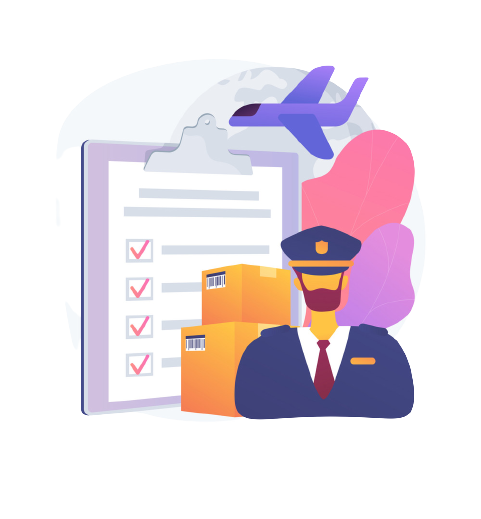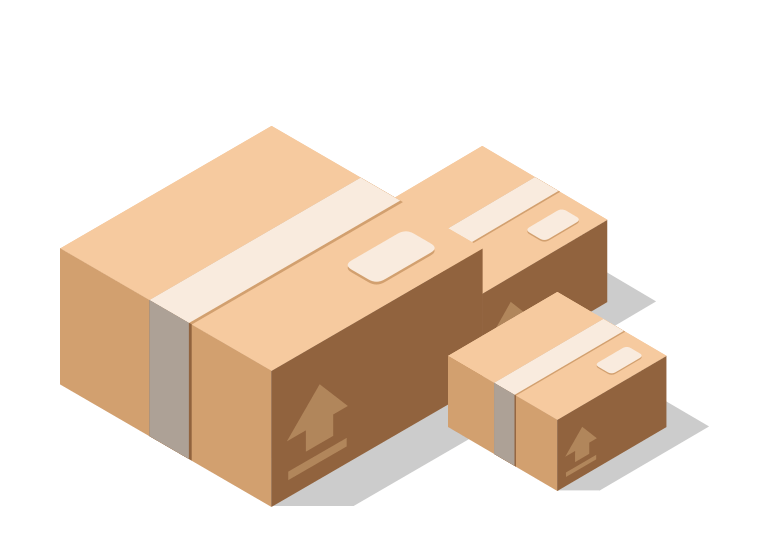Customs Clearance for Air Freight
Navigating air freight customs clearance can seem complex and time-consuming, but with proper preparation and documentation, it becomes manageable. In this article, Dolphin Logistics unveils everything you need to know about the customs clearance process for air freight shipments.


Pre-shipment Documentation
The initial step is to ensure that all essential documentation is complete and accurate prior to shipment. This includes preparing commercial invoices, packing lists, and any other necessary paperwork.
For air freight customs clearance, you will need to provide the following documents:
Classifying the Goods
After ensuring all documentation is in order, the next crucial step is to accurately classify the goods being shipped. Proper classification is essential for customs clearance and helps determine the relevant duties and taxes applicable to the shipment.
Filing the Entry
The subsequent step involves submitting a customs entry to the appropriate authorities, typically handled by the freight forwarder or customs broker. This process is essential for initiating customs clearance procedures.

Ensuring a Smooth Air Shipment Customs Clearance Process
The customs clearance process for air shipments can be more intricate compared to other shipping methods due to the additional steps and documentation involved. However, following these guidelines can help streamline the process:
1. Prepare Comprehensive Documentation
Ensure all required documents, including the commercial invoice, air waybill, and any other necessary paperwork, are accurately completed and readily available. Incomplete or inaccurate documentation can cause delays in customs clearance.
2. Understand Customs Regulations
Familiarize yourself with the customs regulations of the destination country to ensure compliance. This knowledge will help you anticipate and address any potential issues before shipping.
3. Engage with a Reliable Shipping Provider
Choose a reputable shipping company with experience in customs procedures. A trusted provider can offer guidance and expertise throughout the clearance process, minimizing complications.
4. Anticipate and Budget for Taxes and Duties
Research and understand the applicable taxes and duties for your shipment. Being prepared to pay these fees upon arrival will prevent delays and facilitate smooth clearance.
5. Monitor Shipment Progress
Track your shipment's progress to stay informed about its status and ensure timely customs clearance. This proactive approach allows you to address any issues promptly.
By adhering to these tips, you can enhance the efficiency and effectiveness of the air shipment customs clearance process, reducing potential delays and ensuring a successful delivery. For personalized guidance or specific inquiries, consult with a professional customs broker or freight forwarder.
